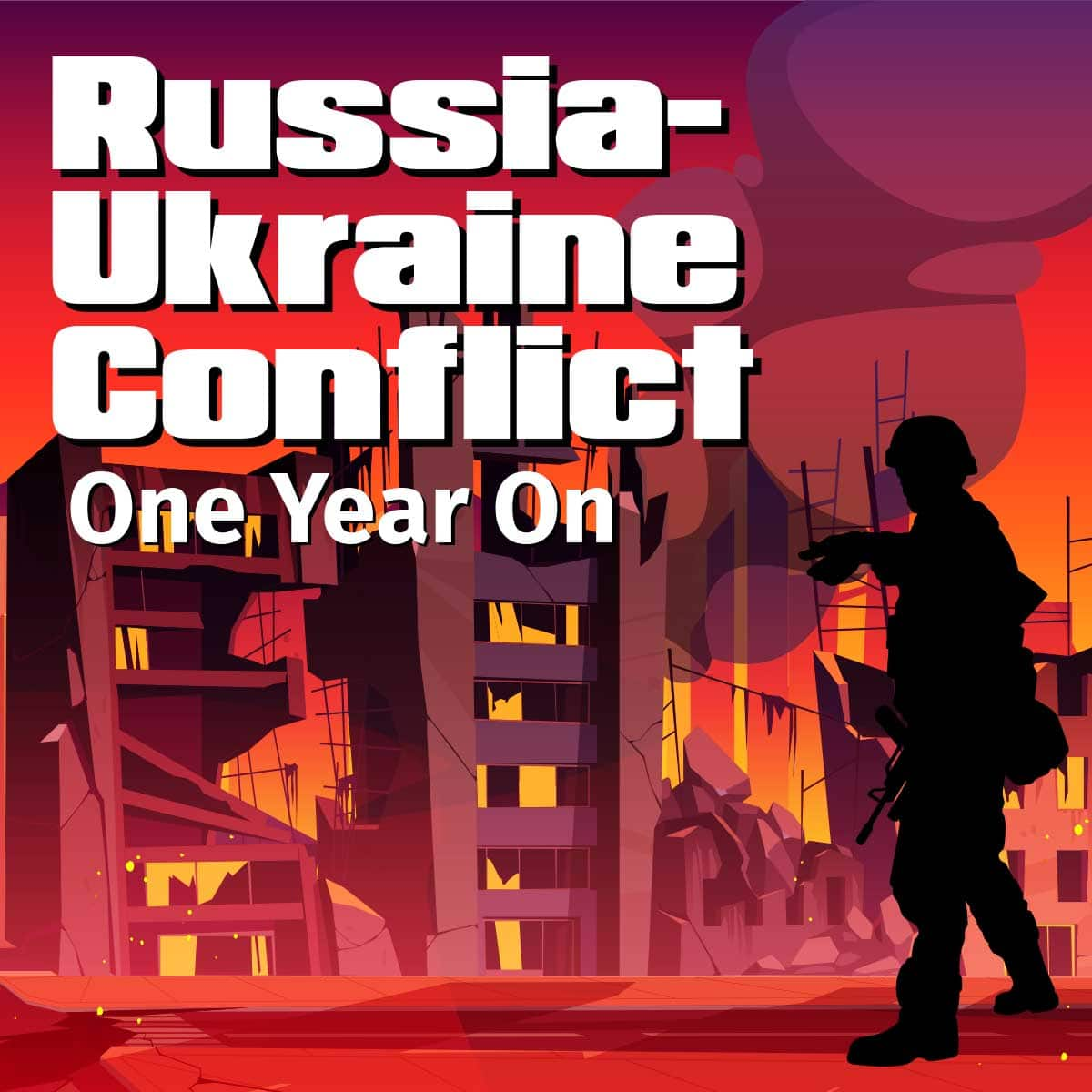Russian President Vladimir Putin (left) and Indian Prime Minister Narendra Modi. (File image)
India’s crude oil buying trends have undergone a radical change over the past year. From being heavily dependent on West Asian countries in the powerful Organisation of the Petroleum Exporting Countries (OPEC) cartel, it has increasingly purchased oil from distant Russia. The latest estimates are that Russian oil accounted for as much as 27 per cent of imports during January compared to a meagre one per cent a year ago.

In the past, logistical problems in buying Russian oil have been considered insurmountable and there has been no great incentive to buy it. Besides, traditional long-term suppliers like the United Arab Emirates (UAE), Saudi Arabia and Kuwait could supply at much lower rates owing to cheaper freight rates. The scenario changed suddenly after the war erupted in Ukraine. Oil prices spiked for a brief while to $130 per barrel and then subsided to around $100 for the next few months. But even this spurt was too much for an emerging economy like India that relies on overseas sources for over 80 per cent of its hydrocarbon needs.
Russia Provides Relief
It created an energy crisis that threatened to upset the applecart of an exchequer banking on revenue inflows from the post-pandemic recovery, both in India and the world. Rescue came in the form of heavy discounts offered by Russia on oil sales. The result has been the rapid expansion of Russian crude in the overall composition of Indian oil imports. The lower prices enabled India’s oil refining companies to keep prices of oil products like petrol and diesel unchanged at the retail level throughout 2022. In fact, there are estimates that India saved as much as over Rs 35,000 crore by such discounted purchases in the first nine months of the current fiscal – April to December 2022.
The future of Russian oil purchases has now become a question mark. However, policymakers looking to the future have to determine whether Russian oil is going to be available to India in the long run. Or is it merely being supplied as a temporary measure, till the war in Ukraine is over, after which Europe will resume its role as the pre-eminent buyer? India could then revert to buying more from West Asia, which still accounts for over 45 per cent of imports.
The answer to that question lies in the geopolitical events that have been shaping the world economy since February last year. The invasion of Ukraine set in motion a series of events which are not likely to be reversed in a hurry. Even a peaceful conclusion to the conflict would not eliminate the enormous suspicion and distrust that has arisen between western countries and Russia. In other words, politics is likely to triumph over economic sense.
Playing Safe
The European Union is right now scrambling to reduce its heavy dependence on energy from Russia. The natural consequence of being neighbours on the European continent has meant that oil and natural gas pipelines have extended from Russia to meet most of the needs of countries in the region. This natural order has now been disturbed with bans being proposed on seaborne supplies of oil while gas supplies through the Nord Stream pipeline have come to a halt.
Some countries in the European Union may be prepared to resume buying oil and gas from Russia – notably Germany – but they would still seek to diversify sources of supply for the future. In other words, some insurance would be needed in case supplies halt suddenly yet again.
As far as India is concerned, it has been recognised for quite some time that there is excess reliance on oil and gas supplies from OPEC countries in West Asia. Given the political volatility in that entire region, the needs of energy security dictate that the Indian crude basket should have a wider spread. Even before the Ukraine war, steps were being taken to diversify supply sources by buying more oil from the US. The enhanced purchase of American crude followed the non-availability of Iranian oil owing to US-backed sanctions on that country.
Oil purchases from Iraq have also been limited for the same reason even though it has been offering even bigger discounts than Russia. It currently remains the biggest oil supplier to India. Its share could have been much higher but for a deliberate policy of reducing reliance on West Asian countries.
In other words, India is equally eager to achieve a certain amount of balance in its crude oil basket by continuing to import from Russia over the long run. There is also the sense of trust that comes with dealing with a longstanding friend. Both countries feel there would be few uncertainties in carrying out bilateral transactions. It is thus safe to say that India is set to remain a long-term buyer of oil from Russia, even if the Ukraine conflict subsides in the near future.
Sushma Ramachandran is a senior journalist based in Delhi. Views are personal, and do not represent the stand of this publication.